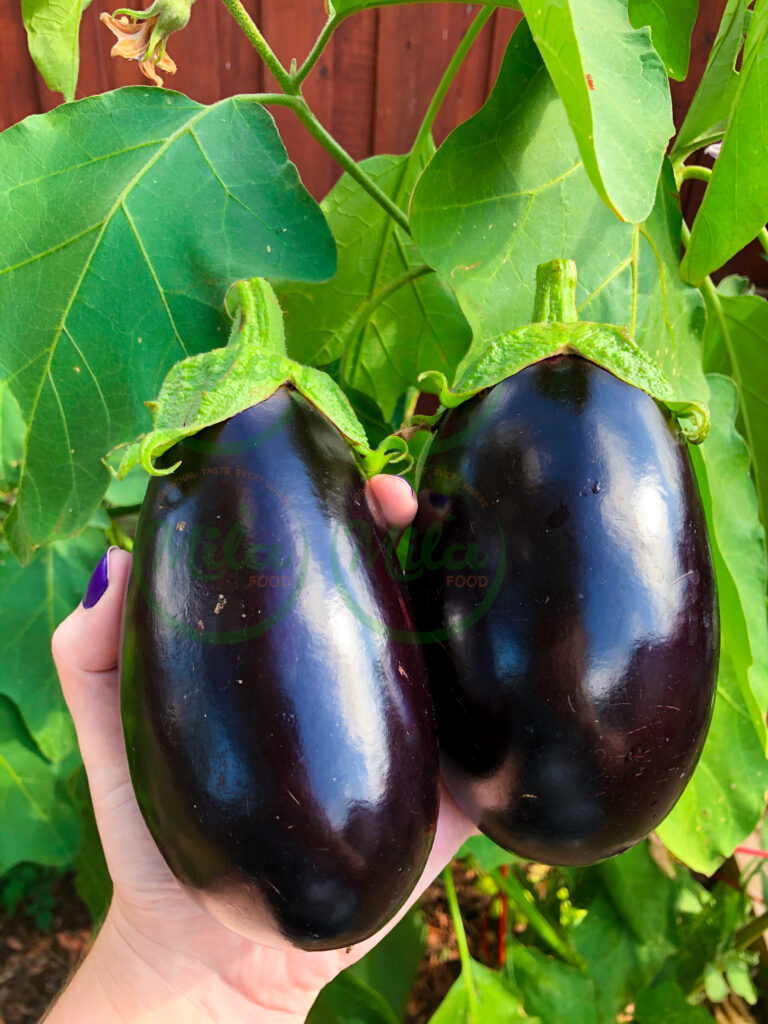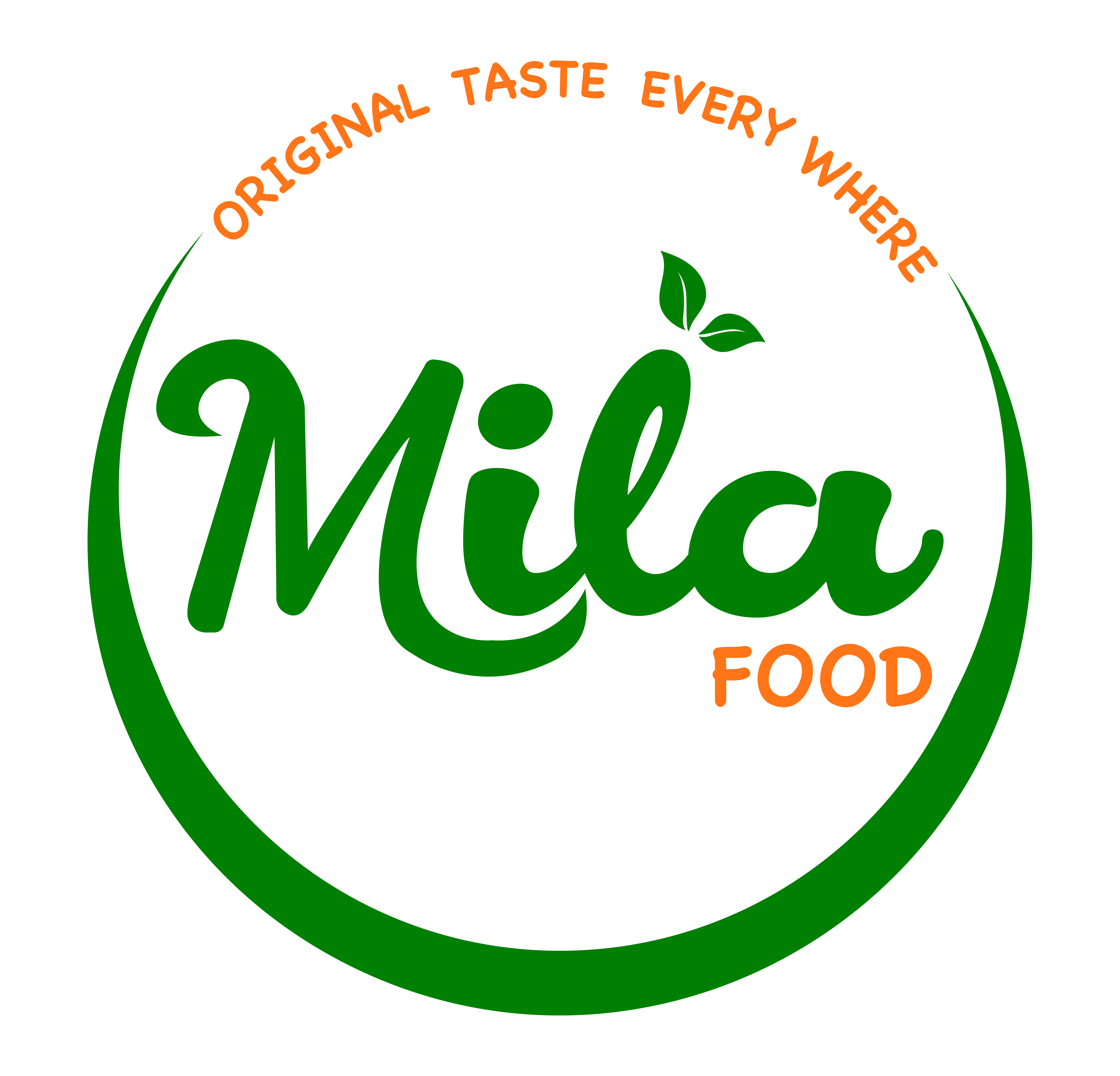


Egyptian eggplant, where velvety texture and robust taste combine to create culinary magic. With its rich history and versatile nature, eggplant has been a cherished ingredient in Egyptian cuisine for centuries, offering a delightful array of dishes that showcase its unique flavor and texture. Join us as we delve into the captivating story, culinary uses, and nutritional benefits of this esteemed member of the nightshade family.
History and Origins: Egyptian eggplant, scientifically known as Solanum melongena, boasts a heritage that spans continents and cultures. Believed to have originated in the Indian subcontinent, eggplant has been cultivated and enjoyed in Egypt since ancient times, prized for its culinary versatility and rich flavor. References to eggplant cultivation and consumption can be found in ancient Egyptian texts and culinary traditions, showcasing its enduring popularity in Egyptian cuisine. Today, Egyptian eggplant continues to be cultivated in the fertile soils of the Nile Delta, embodying a legacy of culinary excellence and cultural heritage.
Appearance and Flavor Profile: Characterized by its glossy, purple-black skin and creamy flesh, Egyptian eggplant exudes richness and depth. Its flavor is earthy and slightly sweet, with a hint of bitterness that adds complexity to dishes. Whether grilled, roasted, fried, or stewed, eggplant offers a velvety texture and robust taste that complements a variety of culinary preparations.
Culinary Uses and Applications: Egyptian eggplant is prized for its culinary versatility, lending itself to a multitude of dishes and cooking techniques. It can be sliced and grilled to perfection, drizzled with olive oil and sprinkled with herbs for a simple yet delicious appetizer. Eggplant can also be roasted and pureed to create creamy dips and spreads, such as baba ganoush, or layered with tomatoes and cheese to make a hearty moussaka. Additionally, eggplant is a popular ingredient in stews, curries, and stir-fries, adding both flavor and texture to the dish. With its rich taste and velvety texture, Egyptian eggplant is a welcome addition to any meal, offering a satisfying and indulgent dining experience.
Nutritional Benefits: Beyond its culinary appeal, Egyptian eggplant offers a wealth of nutritional benefits. It is low in calories and fat, yet rich in essential vitamins, minerals, and antioxidants. Eggplant is a good source of dietary fiber, which supports digestive health and helps regulate blood sugar levels. Additionally, eggplant contains phytonutrients such as nasunin and chlorogenic acid, which have been associated with numerous health benefits, including reduced risk of chronic diseases and improved heart health. Incorporating Egyptian eggplant into your diet can help promote overall health and well-being, while satisfying your culinary cravings with its rich and satisfying flavor.
Cultivation and Sustainability: Egyptian eggplant is cultivated in the fertile soils of the Nile Delta using sustainable agricultural practices. Traditional farming methods, including crop rotation and natural pest control, help maintain soil health and biodiversity while minimizing environmental impact. Whether grown on small family farms or larger agricultural estates, Egyptian eggplant reflects a commitment to sustainability and responsible stewardship of the land.

